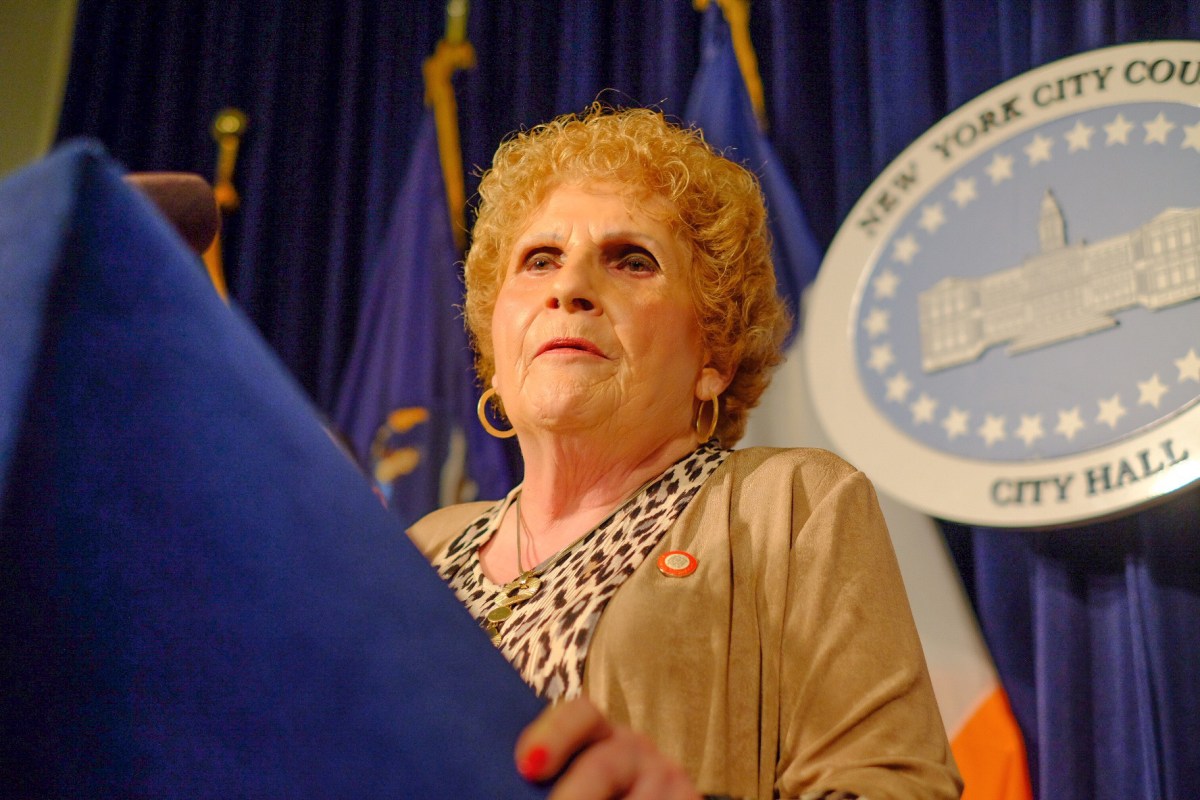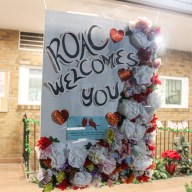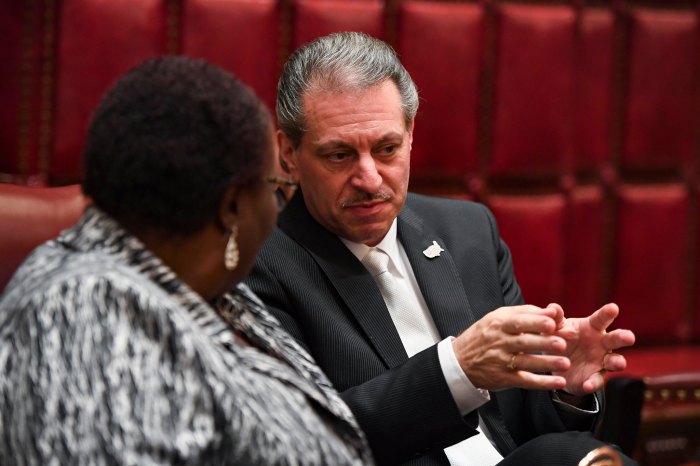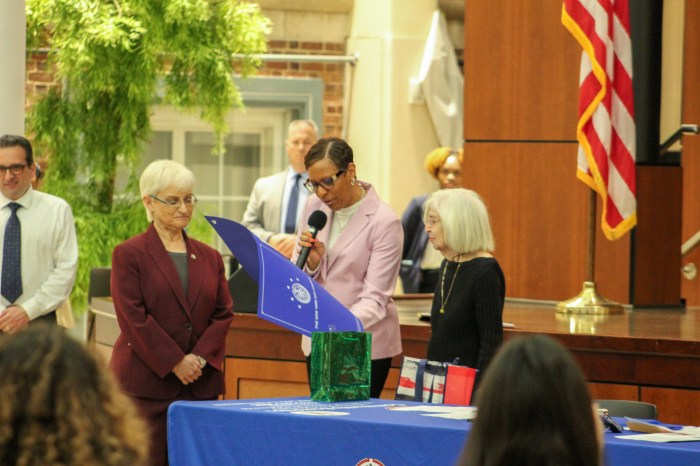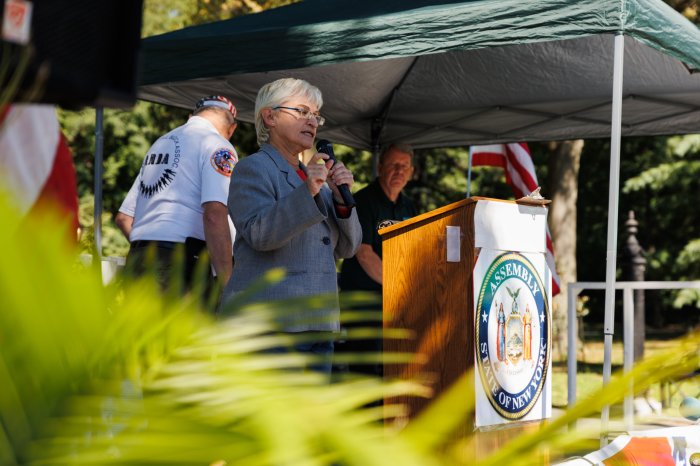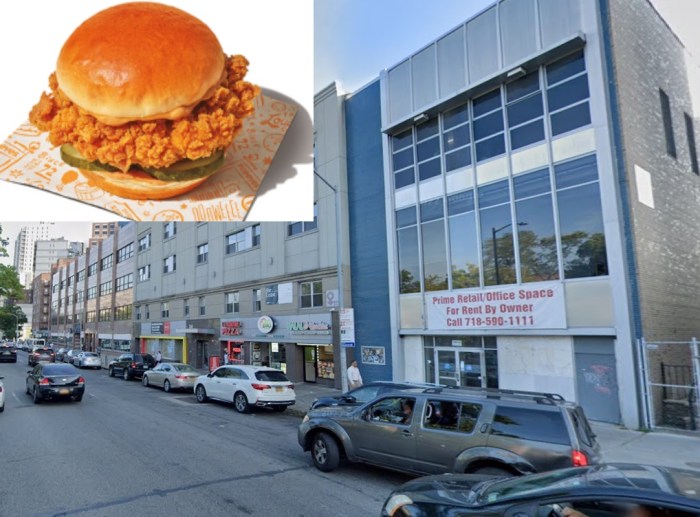The leader of the Queens delegation to the City Council faced a daunting task leading up to its historic 36-13 vote to approve the city’s plan to close the prison complex on Rikers Island and replace it with four borough-based community jails.
Councilwoman Karen Koslowitz withstood intense blowback from her constituents during an intense public review process for her support of a prison facility in Kew Gardens at the location of the old Queens Detention Complex.
“I would not have supported this proposal if I believed that it would have a negative impact on the community that I love,” Koslowitz said. “I’ve represented this community for over two decades, and have lived in it for over half a century, and I could never in good conscience harm my neighbors. I passionately believe that we took a historic step today to create a more just and humane criminal system in New York City.”
Before Thursday’s vote, Koslowitz admitted that she was influenced by testimony given by several formerly incarcerated people during a City Council hearing on the borough-based jail plan.
“It’s a humane thing that we’re doing here. I have been to Rikers. I have been to the Kew Gardens jail. They weren’t cells; they were cages where people were put,” she said. “Eighty percent of the people have not been convicted yet and they’re treated like animals. This has to stop.”
While Community Board 9 voted against the plan in May and last month called on the City Council to vote no on the plan because it violated the New York City Charter, community groups were outraged from the start due to the the sheer size of the proposed facility, so the city scaled it back from a height of 245 feet to 195 feet — from 27 stories to 19.
Koslowitz negotiated with the city on community benefits until they reached “points of agreement” that included 676 public parking spaces — 150 more than the original plan — and 605 accessory parking spaces so Department of Correction personnel will not utilize public parking.
The city also agreed to not use open space as staging areas during construction of the new facility; to make sewer upgrades and flood mitigation if necessary; to add eight police officers to the 102nd Precinct; to renovate the gym, auditorium and school yard at P.S. 99 and install outdoor security camera there and at P.S. 139; and upgrade the lighting system for the Austin Street underpass located beneath Union Turnpike.
“This is the hardest vote I have taken in my entire career, but you know what? I go to sleep at night and I sleep very well,” Koslowitz said. “The people that say no have no solutions. They just say no.”
The vote also had a profound effect on Councilman Daniel Dromm, who became the first elected official to call for the closure of the prison complex at Rikers Island when he first took office nearly a decade ago.

“Sadly, it is too late for Kalief Browder, the child who was tortured to the point of suicide after his release; Layleen Polanco Extravaganza, the transgender woman who died in solitary confinement; Jerome Murdugh, who baked in his cell; Rolando Perez Jr., who was denied medication and left for dead after a seizure; Jason Echevarria, who was ignored after eating a packet of powdered detergent that was given to detainees to clean out their sewage-flooded cells; Ronald Spear, who begged to see a doctor but was refused and instead beaten to death by an angry correction officer; my dear friend, who survived Rikers but is dealing with a lifetime of trauma; and the countless New Yorkers who have known firsthand the brutality of Rikers,” Dromm said. “To them, I dedicate my vote.”

